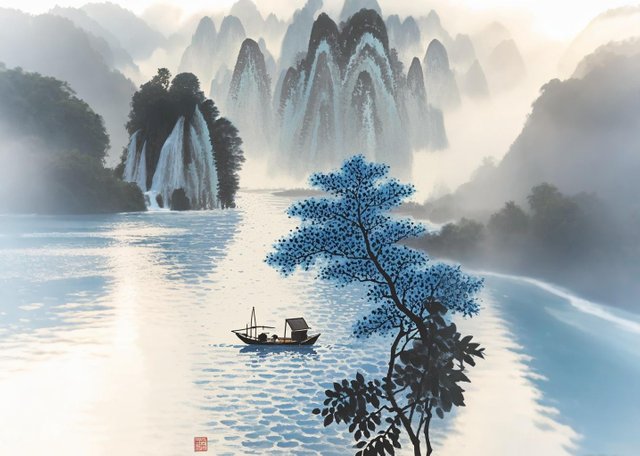Are you still playing games now?
When I was studying, I really wanted to have a game console. Back then, I envied my peers who had their own game consoles so much. I also wanted to have one. However, things didn't unfold as one might expect in a story. Many years later, I went to college, did some part-time work to earn a bit of money, but I couldn't bring myself to buy a game console. Even now, after changing phones multiple times, the game console still sits in the shop window, and I no longer enjoy playing games.
I'm becoming less interested in gaming now. Why is that? It's because of reality. The game of life in reality is what truly matters. Although it's regrettable that I couldn't fulfill my childhood wish, it's like sharing osmanthus flowers with wine—a far cry from the carefree days of youth.(欲买桂花同载酒,终不似,少年游)
With age and experience, we come to realize how precious time is. Money and time in the virtual world hold little value. The crucial point is that you can't bring them back to the real world. The time in your life is valuable wherever you spend it. This is why many poor people are willing to waste time, while the wealthy generally aren't. The rich are willing to exchange money for time, to trade money for comfort, and to bring about freedom in terms of time.
The phrase "欲买桂花同载酒,终不似,少年游。" conveys the desire to buy osmanthus flowers and accompany them with fine wine for a leisurely boat ride on the water, but it lacks the heroic spirit of youth. It expresses a sense of nostalgia for the passing of time and the changes that come with it.
From a poetic perspective, osmanthus flowers and wine often symbolize beautiful things and a carefree life. However, even if one could recreate the same items and settings, due to the passage of time and changes in mentality, one can never regain the innocence, passion, and carefreeness of youth.
Emotionally, this phrase is filled with nostalgia and longing for youth. In our youth, we are full of vitality, dreams, and boundless aspirations for the future. As time passes, we experience the trials of life, becoming mature and stable, yet losing the courage and freedom of youth. It prompts people to reflect on their growth and changes while lamenting the fleeting nature of time.
In life, this phrase often resonates with people. When we look back on the past and see familiar scenes or items, we are reminded of the little moments of our youth, evoking a sense of melancholy. It reminds us to cherish the present, seize our youth, bravely pursue our dreams, and not let time slip away in vain, leaving behind too many regrets.
